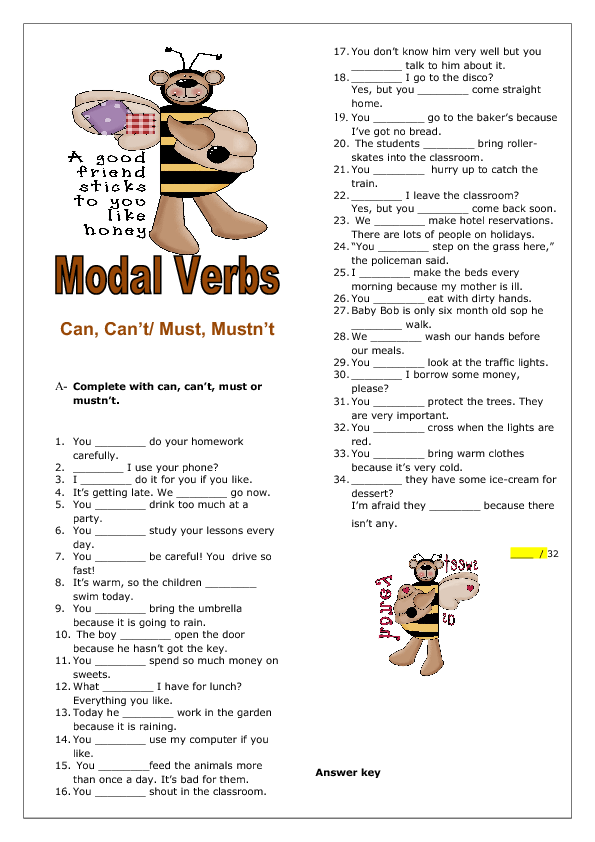

And, for the most daring, read this article from “Rolling Stone”.ħ) Finally, write a story of about 200/250 words using as many modal verbs as you can. You should learn all the vocabulary and practice pronunciation. Look the new words up in an English-English dictionary like this one.Ħ) Listen and read this story. Extract all the words you don't know from this article from Newsweek Magazine entitled “What Obama can learn form JFK”. If you don't have a language exchange (or a teacher) you are wasting your time, you'll never learn to speak English.ĥ) Time to learn some vocabulary. Thus:Ī) They are always followed by a bare infinitive form of another verbī) They have no non-finite forms (no infinitive, -ing participle, or -ed participle)Ĭ) They do not agree in the third-person singular.ĭ) Two modals never occur together in the same sentence.ġ) Now, let’s check your knowledge of modal verbs with these videos:Ģ) Here you will find a very useful modal verbs summary chart.ģ) Let’s do some practice with these exercises:Ĥ) Use the sentences from the above exercises to practice with your language exchange. First (FCE): verb forms, linking words, prepositions, tag questions, modal verbs. Below is a list showing the most useful modals and their most common meanings: Modal. Test yourself on some basic high school biology, reviewing diversity.

They are used with other verbs to express ability, obligation, possibility, and so on.

As you may already know, modal verbs are a type of auxiliary verb which express the mood of another verb or, to put it differently, the subjective attitudes and opinions of the speaker including possibility, obligation, probability, necessity, etc.Īpart from the NICE properties which distinguish auxiliary from main verbs, modals display some particular features that set them apart from other auxiliary verbs. The modal verbs include can, must, may, might, will, would, should.


 0 kommentar(er)
0 kommentar(er)
